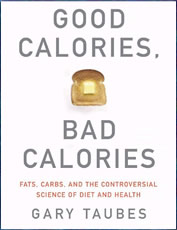 Good & Bad Calories (starts at 4:50) Ever since the 1970s, the rise of obesity in the United States has an epidemic. Researchers around the world are trying desperately to figure out why so many of us get fat, and what we can do to change that. A large amount of funding, and support from public health policy, goes toward the hypothesis that we get fat because we eat too many calories and do not exercise enough; when someone eats more calories than they need, the instructions go, they should exercise. That’s “Calories in, Calories Out.” But recently, an expert with a different point of view spoke to a packed audience of doctors, staff and medical students at the University of Colorado Medical Center. The expert is Gary Taubes, the author of the New York Times bestsellers “Good Calories, Bad Calories” and “Why We Get Fat“. Taubes is also the recipient of angel investor funds: $60 million to devote to research to better understand how the kinds of foods we eat affect our metabolism. Central to Taubes’ ideas is the opinion that “Calories in, Calories Out” simply cannot be enough to explain, or help people, maintain a healthy weight. In this feature, we provide an excerpt from his talk at the CU Medical School.
Good & Bad Calories (starts at 4:50) Ever since the 1970s, the rise of obesity in the United States has an epidemic. Researchers around the world are trying desperately to figure out why so many of us get fat, and what we can do to change that. A large amount of funding, and support from public health policy, goes toward the hypothesis that we get fat because we eat too many calories and do not exercise enough; when someone eats more calories than they need, the instructions go, they should exercise. That’s “Calories in, Calories Out.” But recently, an expert with a different point of view spoke to a packed audience of doctors, staff and medical students at the University of Colorado Medical Center. The expert is Gary Taubes, the author of the New York Times bestsellers “Good Calories, Bad Calories” and “Why We Get Fat“. Taubes is also the recipient of angel investor funds: $60 million to devote to research to better understand how the kinds of foods we eat affect our metabolism. Central to Taubes’ ideas is the opinion that “Calories in, Calories Out” simply cannot be enough to explain, or help people, maintain a healthy weight. In this feature, we provide an excerpt from his talk at the CU Medical School.
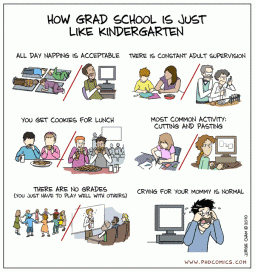 PhD Comics (starts at 13:50) Unless you work in science, you may not always be aware of the humor that goes on among scientists and what the culture is like. So what better way to show the comic parts of science than by way of a comic strip? One of the more well-known science-oriented comic strips is called “PhD Comics” and is written by Jorge Cham, who is trained as an engineer, holds a bachelors degree from Georgia Tech and a PhD in robotics from Stanford. He also was an instructor at Caltech, a researcher in a neuroscience lab, where he studied brain-and-machine interfaces, and he also has a chemistry background. So he has a wide set of experiences to draw on…literally DRAW on…for his comic. We talk with Jorge Cham to find out more about the comic and other ways the scientist comic artist unveils the secret lives of scientists and, in particular, science grad students.
PhD Comics (starts at 13:50) Unless you work in science, you may not always be aware of the humor that goes on among scientists and what the culture is like. So what better way to show the comic parts of science than by way of a comic strip? One of the more well-known science-oriented comic strips is called “PhD Comics” and is written by Jorge Cham, who is trained as an engineer, holds a bachelors degree from Georgia Tech and a PhD in robotics from Stanford. He also was an instructor at Caltech, a researcher in a neuroscience lab, where he studied brain-and-machine interfaces, and he also has a chemistry background. So he has a wide set of experiences to draw on…literally DRAW on…for his comic. We talk with Jorge Cham to find out more about the comic and other ways the scientist comic artist unveils the secret lives of scientists and, in particular, science grad students.
Hosts: Joel Parker, Shelly Schlender
Producer: Joel Parker
Engineer: Jim Pullen
Executive Producer: Susan Moran
Listen to the show:
Podcast: Play in new window | Download (Duration: 24:46 — 22.7MB)
Subscribe:
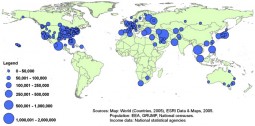
 Noise Pollution (starts at 6:15) – How on Earth’s Shelley Schlender talks with research scientist Larry Finegold about noise pollution and about a workshop being held today in Denver about Noise Management in Communities and Natural Areas. Dr. Finegold has authored or contributed to over 80 publications on noise including the US National Academy of Engineering report, “Technology for a Quieter America,” the World Health Organization report, “Burden of Disease from Environmental Noise,” and the article “Community Annoyance and Sleep Disturbance: Updated Criteria for Assessing the Impacts of General Transportation Noise on People.”
Noise Pollution (starts at 6:15) – How on Earth’s Shelley Schlender talks with research scientist Larry Finegold about noise pollution and about a workshop being held today in Denver about Noise Management in Communities and Natural Areas. Dr. Finegold has authored or contributed to over 80 publications on noise including the US National Academy of Engineering report, “Technology for a Quieter America,” the World Health Organization report, “Burden of Disease from Environmental Noise,” and the article “Community Annoyance and Sleep Disturbance: Updated Criteria for Assessing the Impacts of General Transportation Noise on People.”
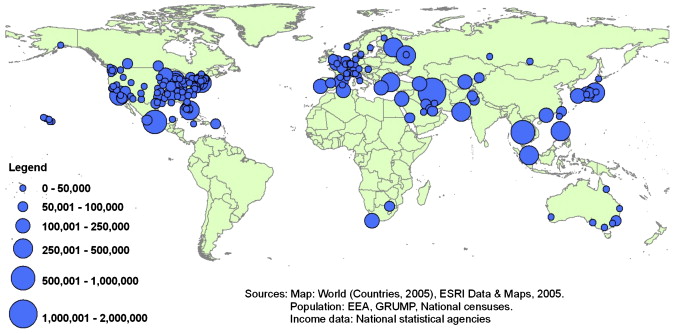


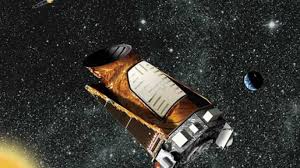
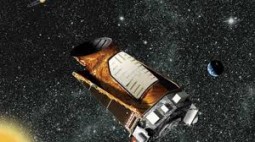
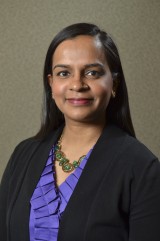
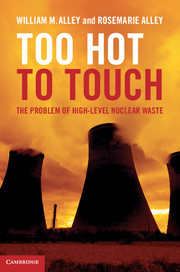
 Today we’re joined by Dr. William Alley and Rosemarie Alley to learn about the nuclear waste crisis in the United States. Bill Alley, a distinguished hydrologist, was in charge of the USGS’s water studies at
Today we’re joined by Dr. William Alley and Rosemarie Alley to learn about the nuclear waste crisis in the United States. Bill Alley, a distinguished hydrologist, was in charge of the USGS’s water studies at 


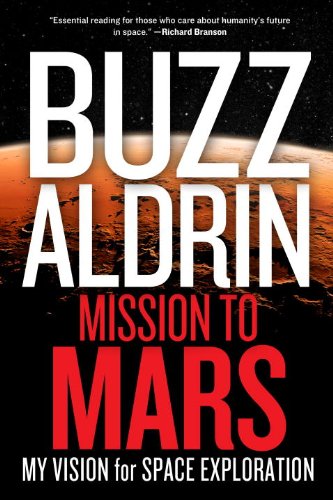
 Buzz Aldrin’s Vision for Space Exploration (starts at 6:14) Dr. Buzz Aldrin advocates that the United States should not enter a space-race to the moon against the Chinese, or a race to Mars against the Russians, but rather show leadership by cooperating with the major space-faring nations to systematically step across the great void to the Red Planet. This is his personal Unified Space Vision. He is also working toward an independent council, a United Strategic Space Enterprise, that would advise American citizens about the nation’s space policy. USSE experts would draw on a deep knowledge of America’s previous successes and failures to present a unified plan of exploration, science, development, commerce, and security within a national foreign policy context. Buzz shared these visions with How On Earth’s Jim Pullen. Here’s an excerpt from his hour-long discussion with Jim. Stay tuned for the rest of his discussion, in which he shares little-known insights into why Apollo 11, not Apollo 12, was first to land humans on the moon, and never-before-shared honors for Neil Armstrong and Pete Conrad.
Buzz Aldrin’s Vision for Space Exploration (starts at 6:14) Dr. Buzz Aldrin advocates that the United States should not enter a space-race to the moon against the Chinese, or a race to Mars against the Russians, but rather show leadership by cooperating with the major space-faring nations to systematically step across the great void to the Red Planet. This is his personal Unified Space Vision. He is also working toward an independent council, a United Strategic Space Enterprise, that would advise American citizens about the nation’s space policy. USSE experts would draw on a deep knowledge of America’s previous successes and failures to present a unified plan of exploration, science, development, commerce, and security within a national foreign policy context. Buzz shared these visions with How On Earth’s Jim Pullen. Here’s an excerpt from his hour-long discussion with Jim. Stay tuned for the rest of his discussion, in which he shares little-known insights into why Apollo 11, not Apollo 12, was first to land humans on the moon, and never-before-shared honors for Neil Armstrong and Pete Conrad.


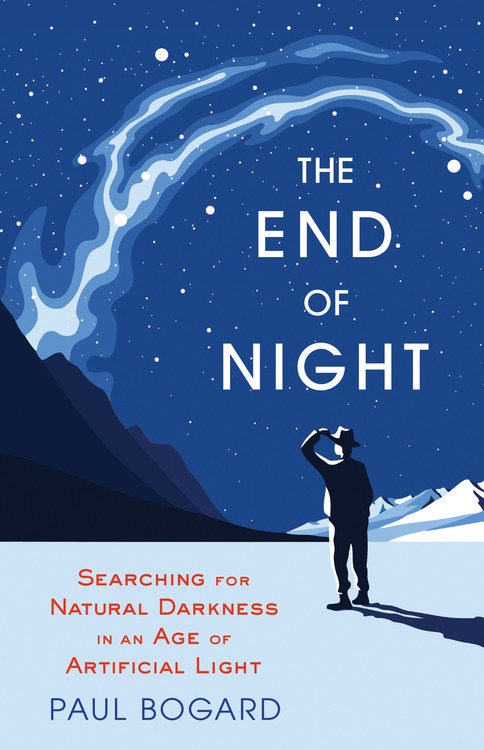
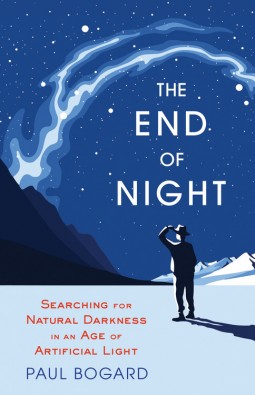

 Good & Bad Calories (starts at 4:50) Ever since the 1970s, the rise of obesity in the United States has an epidemic. Researchers around the world are trying desperately to figure out why so many of us get fat, and what we can do to change that. A large amount of funding, and support from public health policy, goes toward the hypothesis that we get fat because we eat too many calories and do not exercise enough; when someone eats more calories than they need, the instructions go, they should exercise. That’s “Calories in, Calories Out.” But recently, an expert with a different point of view spoke to a packed audience of doctors, staff and medical students at the University of Colorado Medical Center. The expert is
Good & Bad Calories (starts at 4:50) Ever since the 1970s, the rise of obesity in the United States has an epidemic. Researchers around the world are trying desperately to figure out why so many of us get fat, and what we can do to change that. A large amount of funding, and support from public health policy, goes toward the hypothesis that we get fat because we eat too many calories and do not exercise enough; when someone eats more calories than they need, the instructions go, they should exercise. That’s “Calories in, Calories Out.” But recently, an expert with a different point of view spoke to a packed audience of doctors, staff and medical students at the University of Colorado Medical Center. The expert is 
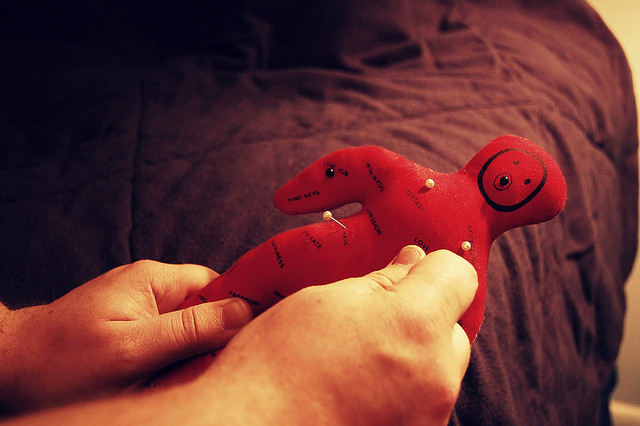
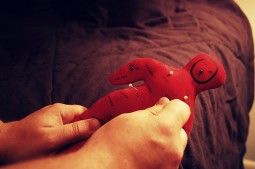


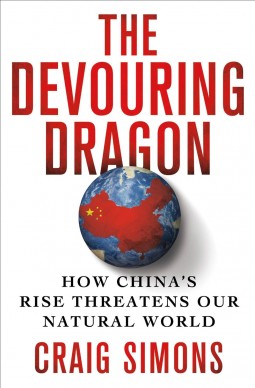 Feature #1 – China’s Environmental Impact (start time 4:46): China’s meteoric economic rise is causing harmful side effects, ranging from choking air pollution domestically to threatened forests, wildlife and air quality around the globe. Of course China’s per capita greenhouse gas emissions still pale in comparison to those in the United States, and roughly one-third of China’s CO2 emissions are generated to manufacture goods that are exported to the U.S. and other nations. Craig Simons, a former journalist and author of a recently published book,
Feature #1 – China’s Environmental Impact (start time 4:46): China’s meteoric economic rise is causing harmful side effects, ranging from choking air pollution domestically to threatened forests, wildlife and air quality around the globe. Of course China’s per capita greenhouse gas emissions still pale in comparison to those in the United States, and roughly one-third of China’s CO2 emissions are generated to manufacture goods that are exported to the U.S. and other nations. Craig Simons, a former journalist and author of a recently published book, 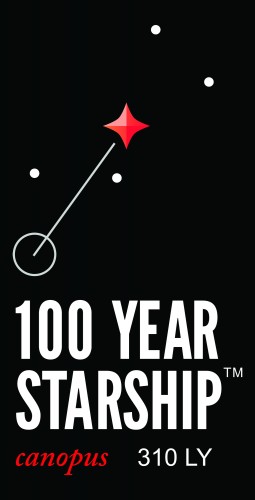 Feature #2 – 100 Year Starship (start time 15:35): Science and exploration tend to be long-term commitments. That’s well-known by fans of the “Hitchhiker’s Guide to The Galaxy” series, where the computer Deep Thought did calculations for 7.5 million years to find the answer to The Ultimate Question of Life, the Universe, and everything. However, projects on our world tend to be limited by shorter-term political and funding cycles. So it is hard enough to consider projects that require thinking a decade into the future, beyond many political lifetimes. What about projects that require thinking a century or more into the future, many generations from now? Well, that is exactly what one group of space exploration advocates is working toward. The project is called the
Feature #2 – 100 Year Starship (start time 15:35): Science and exploration tend to be long-term commitments. That’s well-known by fans of the “Hitchhiker’s Guide to The Galaxy” series, where the computer Deep Thought did calculations for 7.5 million years to find the answer to The Ultimate Question of Life, the Universe, and everything. However, projects on our world tend to be limited by shorter-term political and funding cycles. So it is hard enough to consider projects that require thinking a decade into the future, beyond many political lifetimes. What about projects that require thinking a century or more into the future, many generations from now? Well, that is exactly what one group of space exploration advocates is working toward. The project is called the